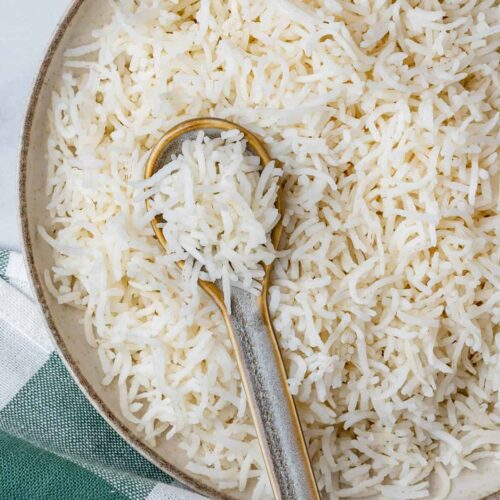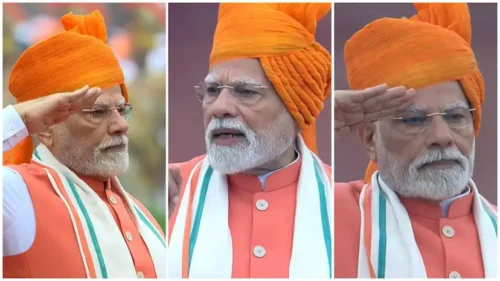Rama Krishna Sangem
India and Pakistan are locked in another battle; this time the fight is for claiming ownership of much liked Basmati rice. As a result, India- EU Trade negotiations are affected: The dispute poses challenges to India’s trade deal with the European Union. As the world’s largest producers and exporters of Basmati rice, the outcome will significantly impact the global rice market.
India and Pakistan are in a long-standing “fight” over the geographical indication (GI) status for Basmati rice, which involves both commercial benefits and national pride, with the conflict currently impacting EU trade negotiations due to India’s push for sole ownership of the name for its specific regions and Pakistan’s counterclaims.
The dispute centers on which country has exclusive rights to the name “Basmati,” with potential outcomes including joint recognition or continued exclusivity, but no conclusion has been reached.
Geographical Indication (GI) Tag: Both countries want a GI tag for Basmati rice to protect its regional identity and ensure producers in specific areas can sell it at premium prices due to its recognized quality and authenticity.
Financial benefits involved
Commercial and Economic Benefits: The country that secures the GI tag can potentially set global prices and benefit from the elevated status of the rice, as it holds “sole ownership” of the name.
National Pride: Basmati rice is a source of national pride for both India and Pakistan, with historical cultivation in the Indo-Gangetic Plains, which are divided between them.
India’s Application: India secured a GI tag for Basmati in 2016 and is currently seeking exclusive status within the EU market, according to the Financial Times and Economic Times.
Pakistan’s Opposition: Pakistan has opposed India’s GI application in the EU and has its own claims based on shared historical cultivation practices.
EU Stance: EU negotiators are trying to avoid a diplomatic rift by delaying a decision on the matter, which is stalling India’s efforts for a trade agreement.
Broader Concerns: The dispute also involves claims of intellectual property “piracy,” with India alleging that Pakistan has been repackaging and selling Indian Basmati varieties, such as PB-1121, as its own.


